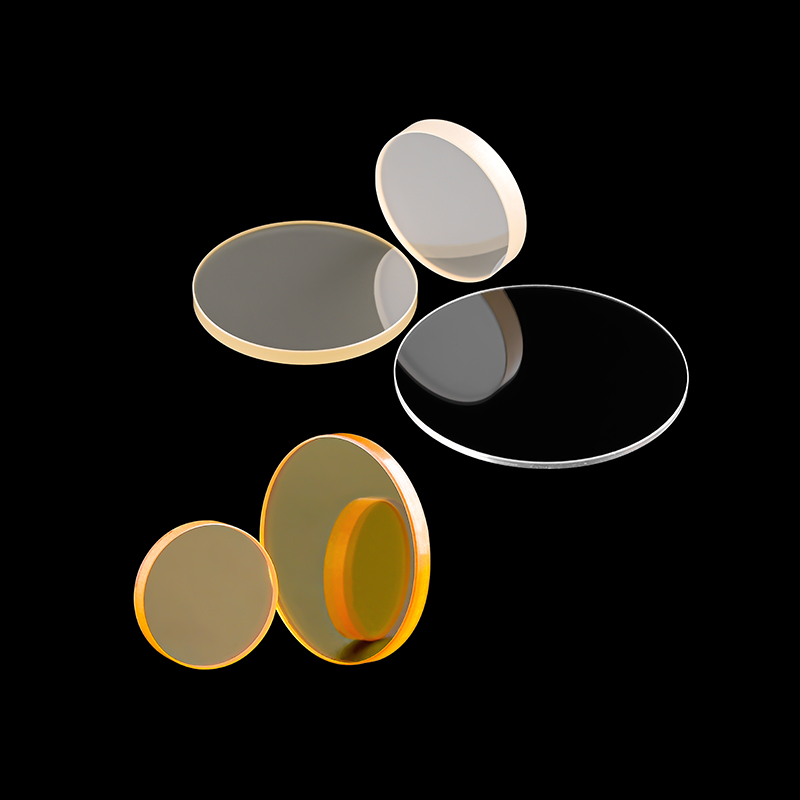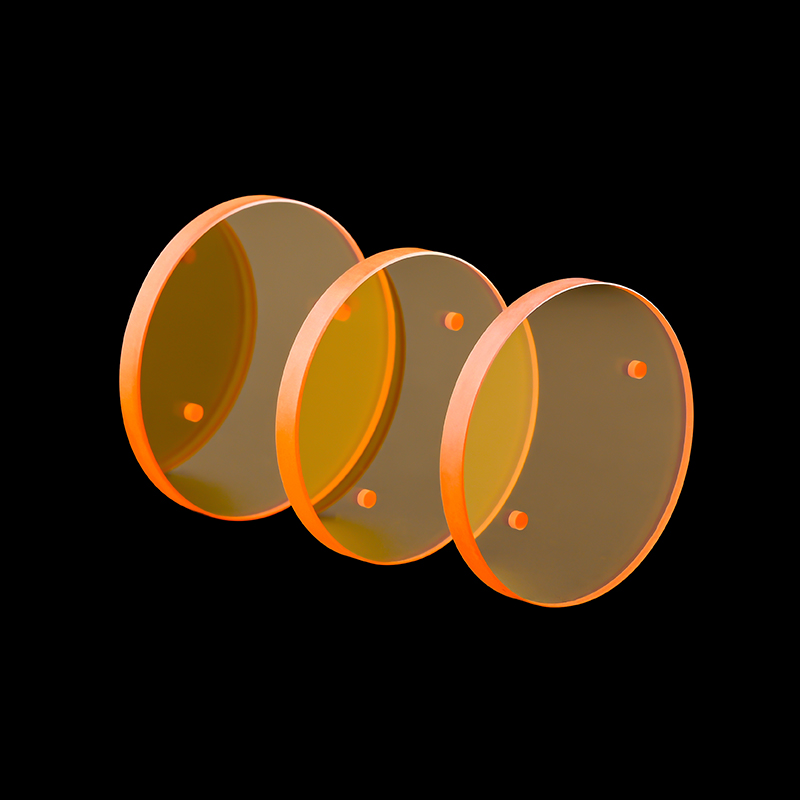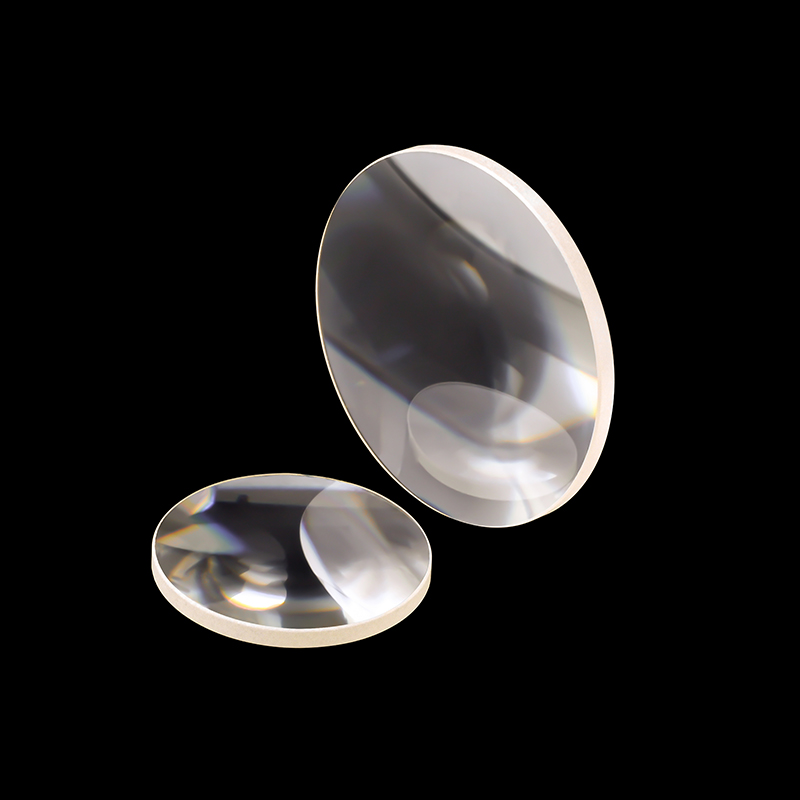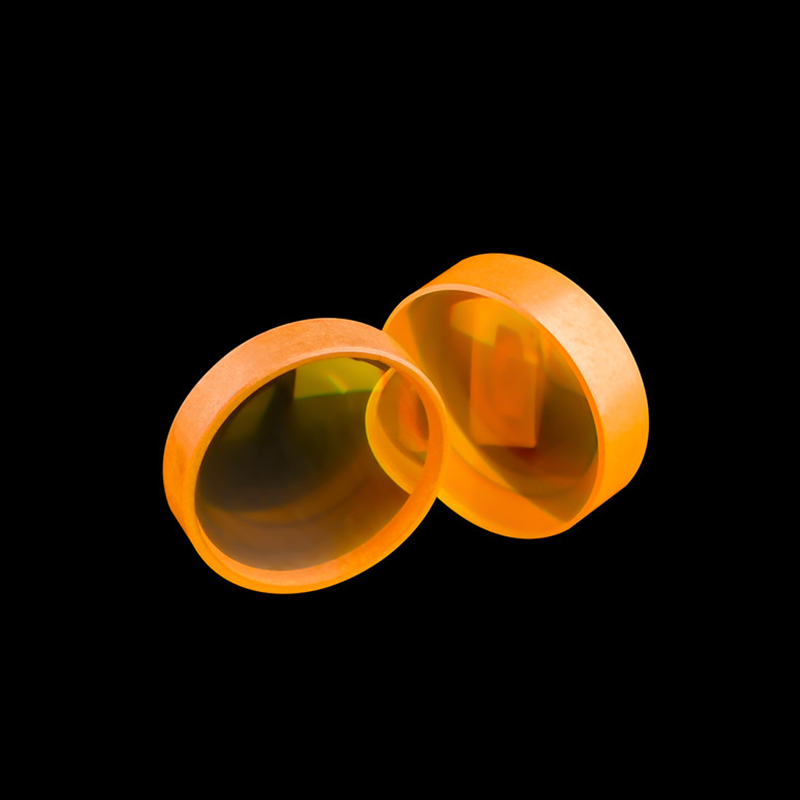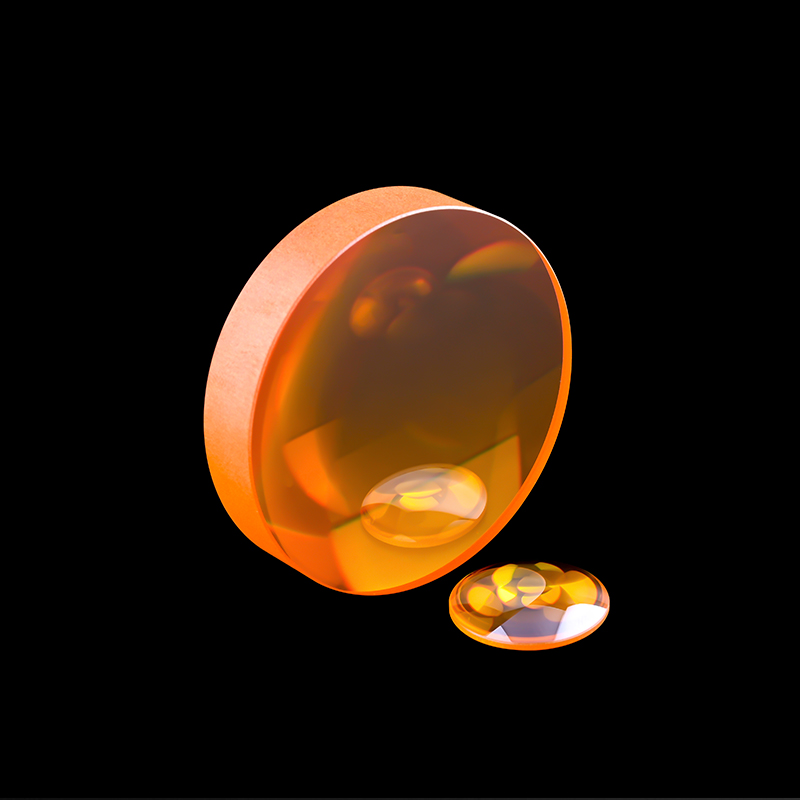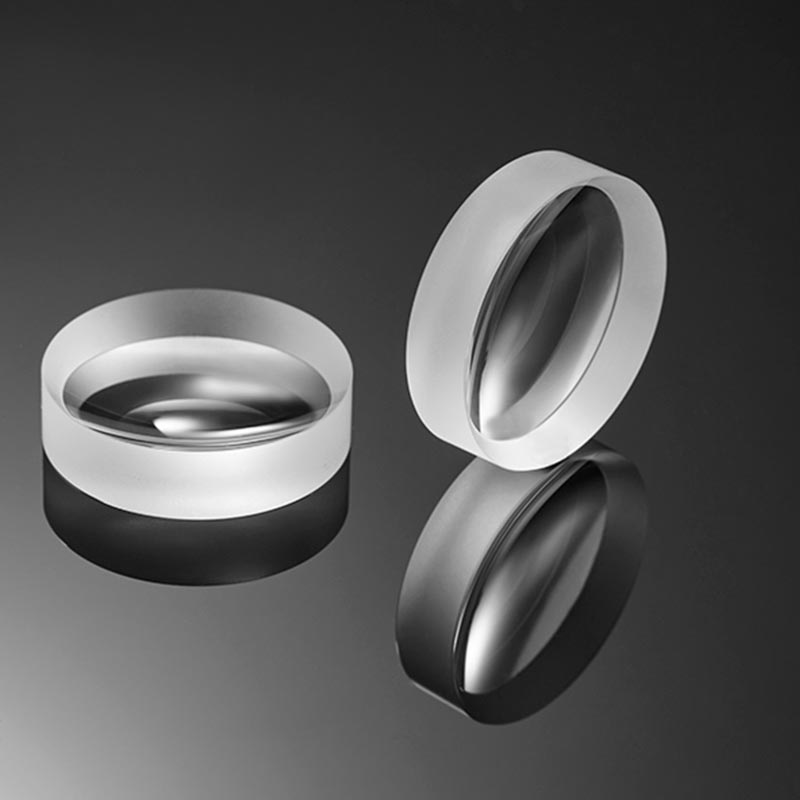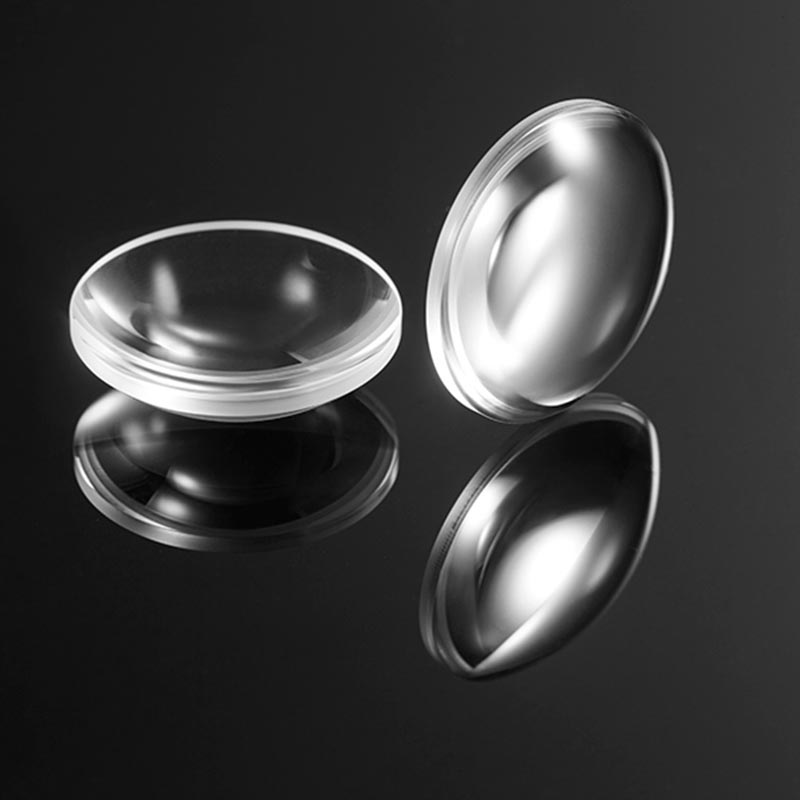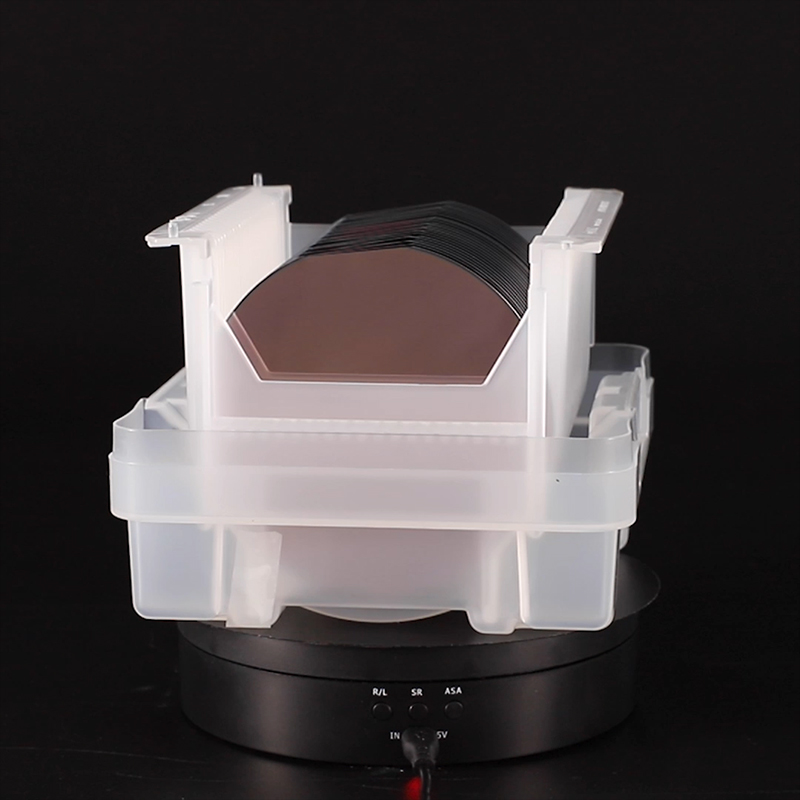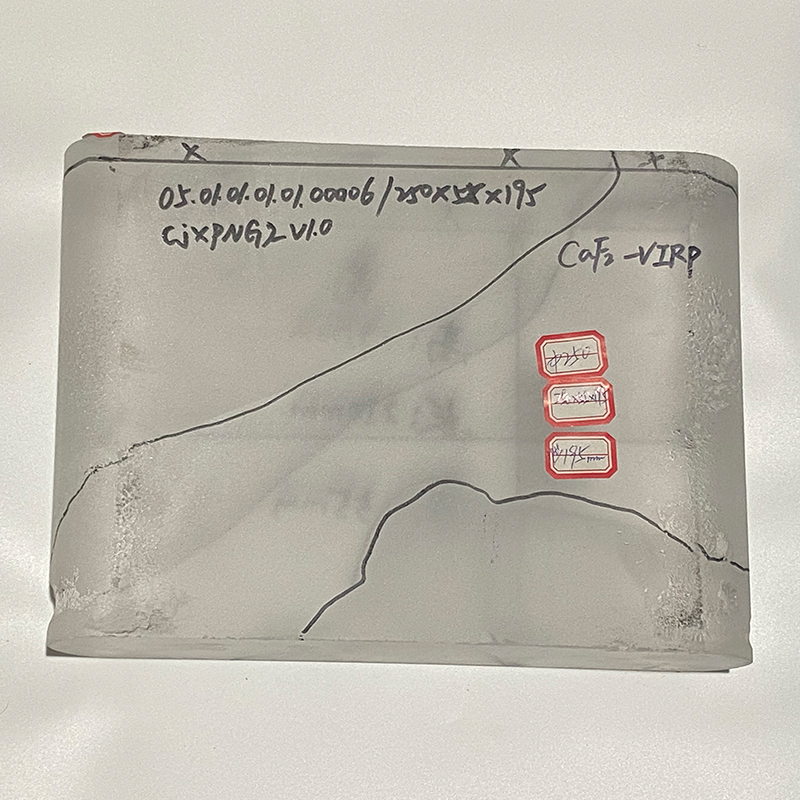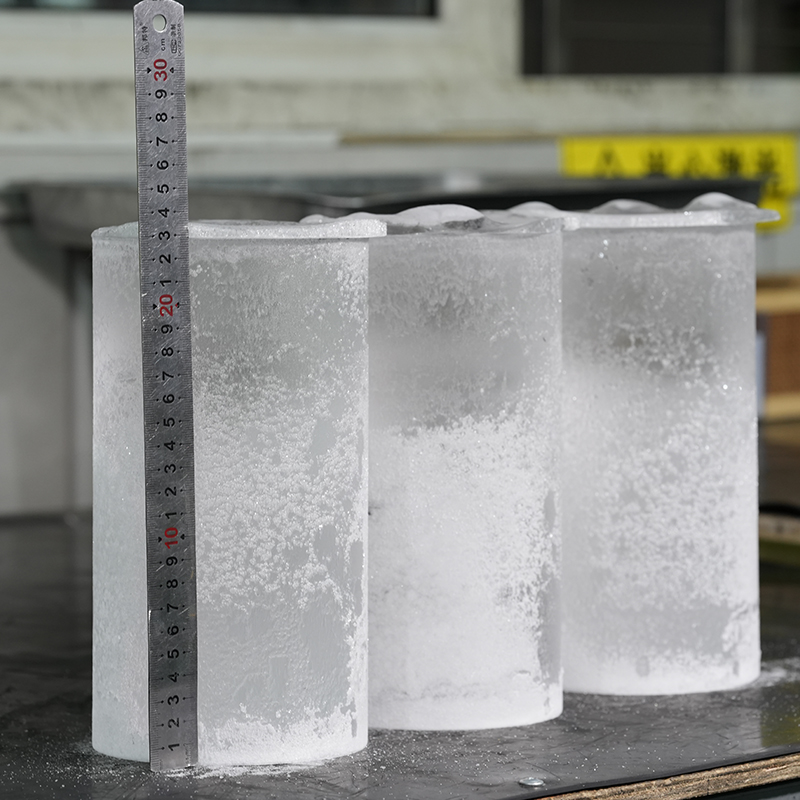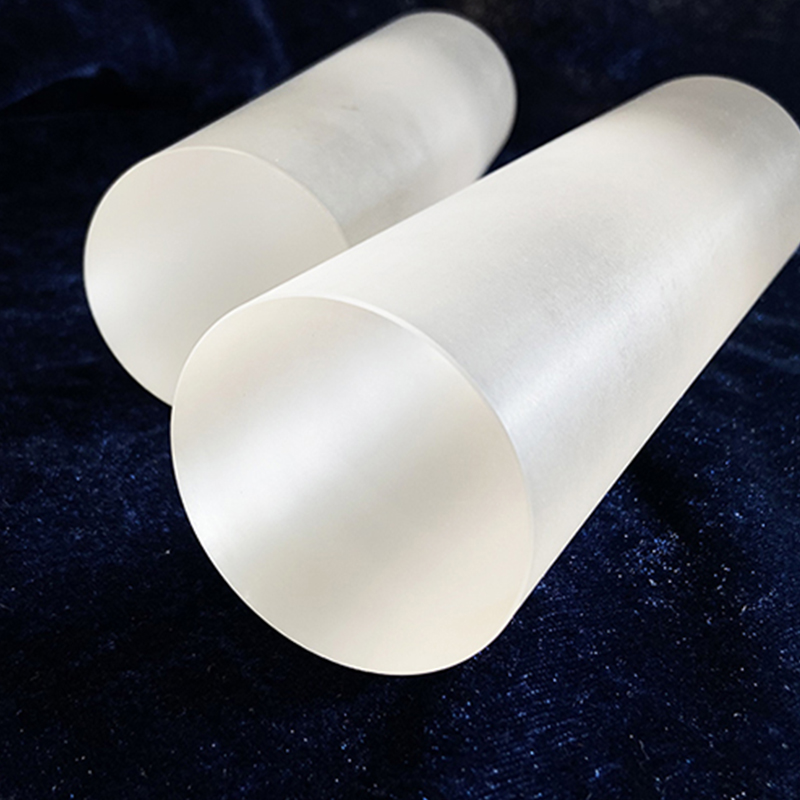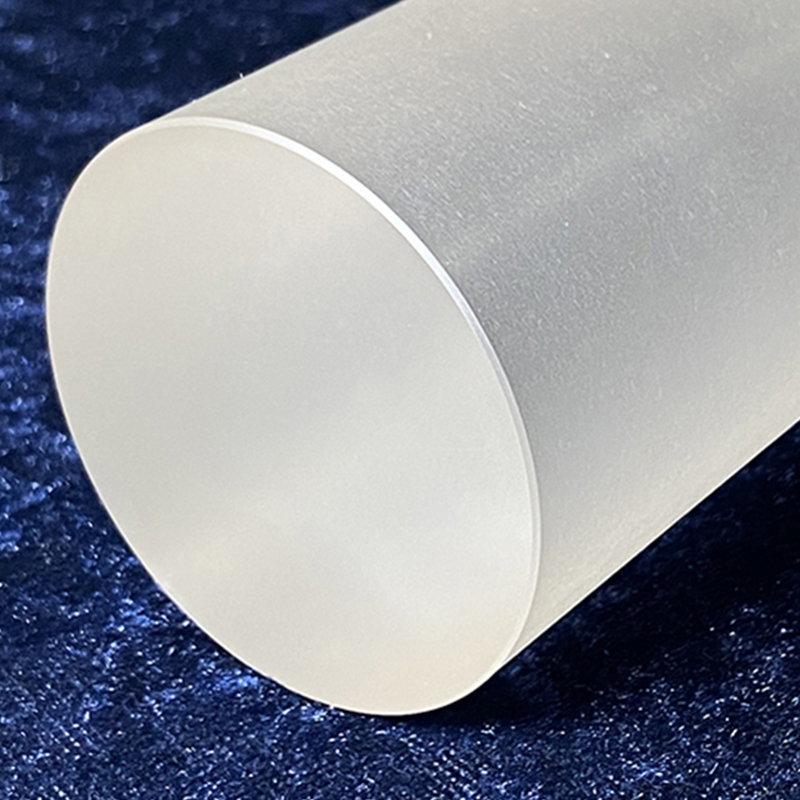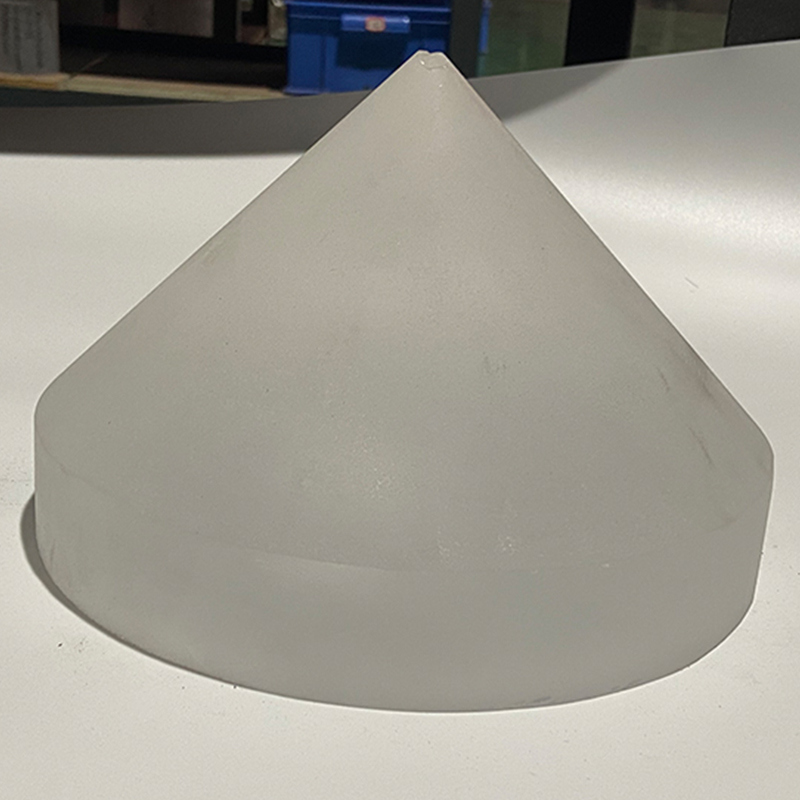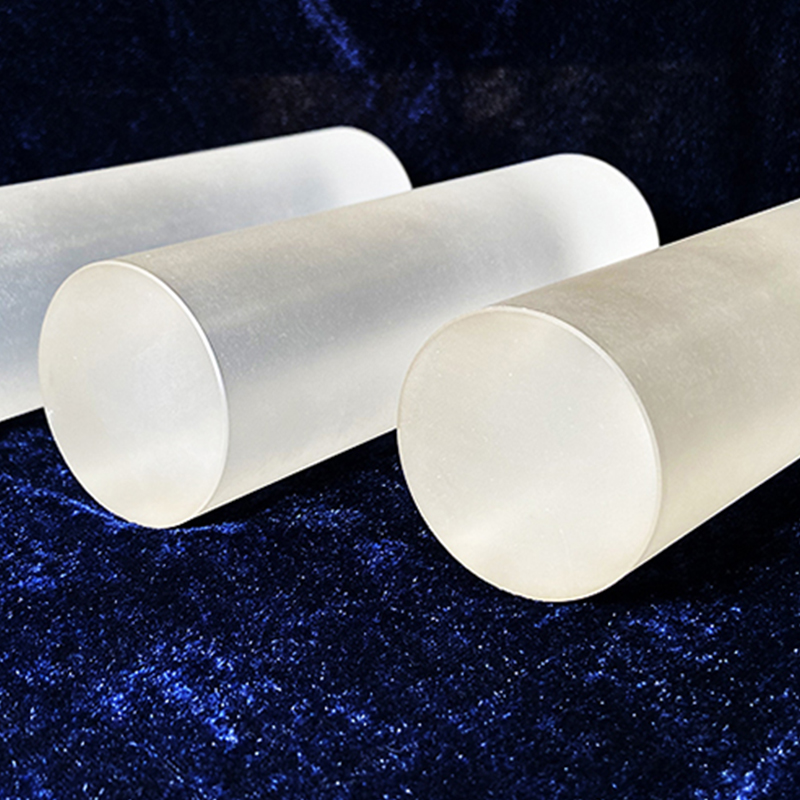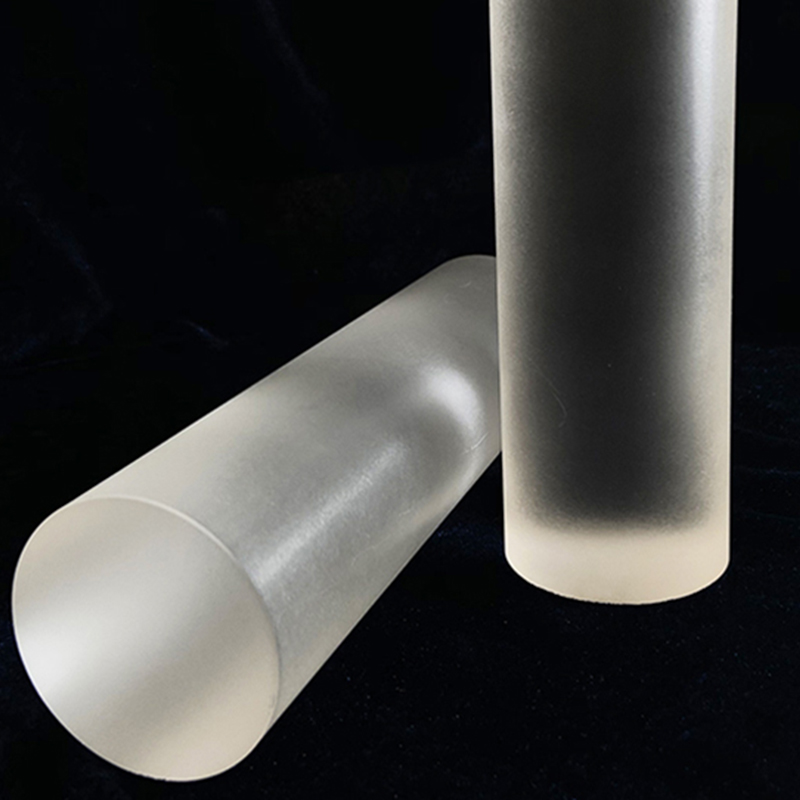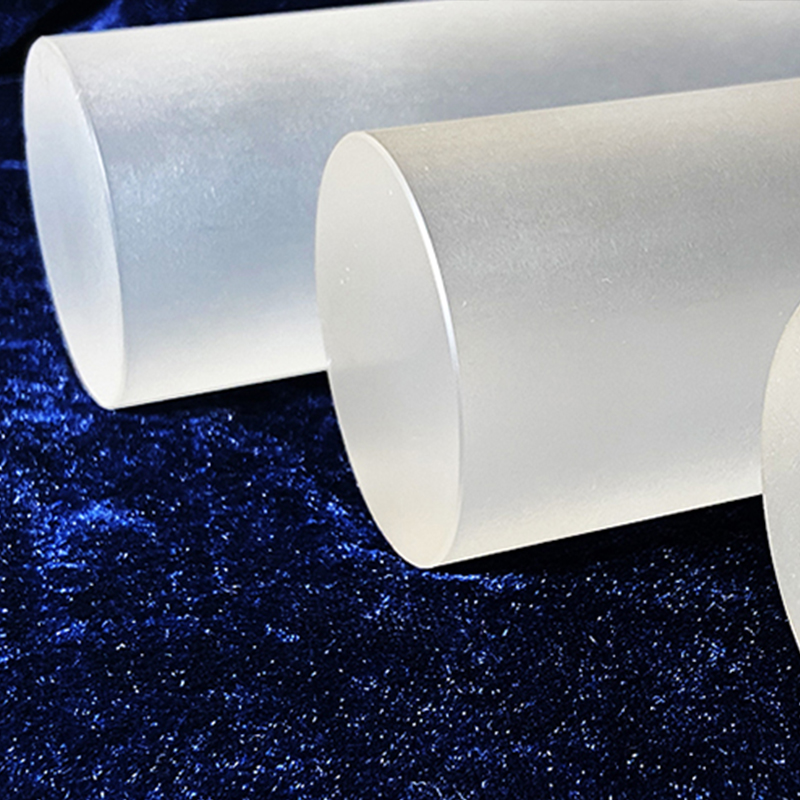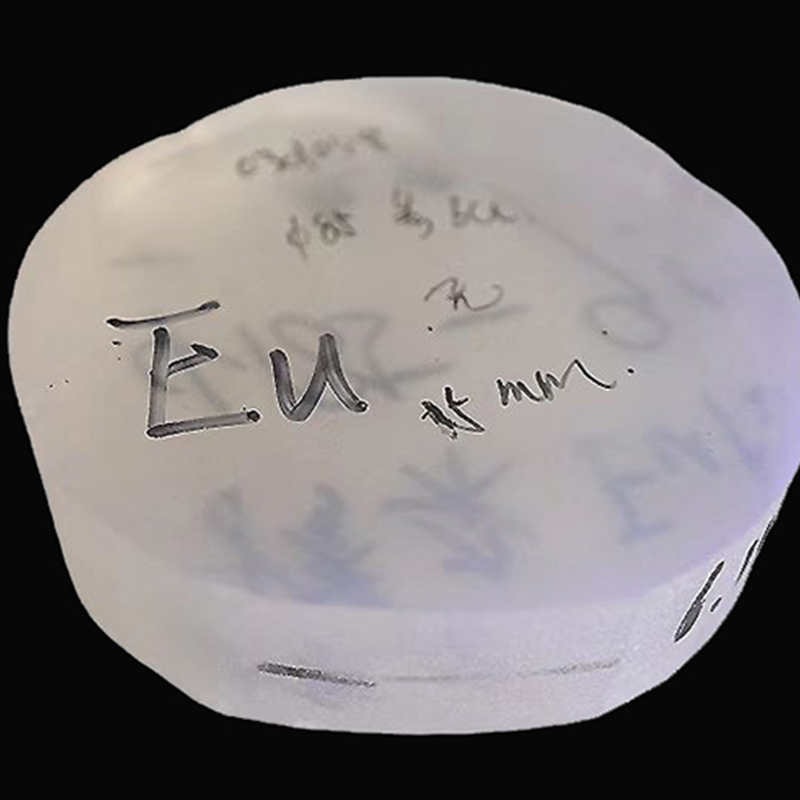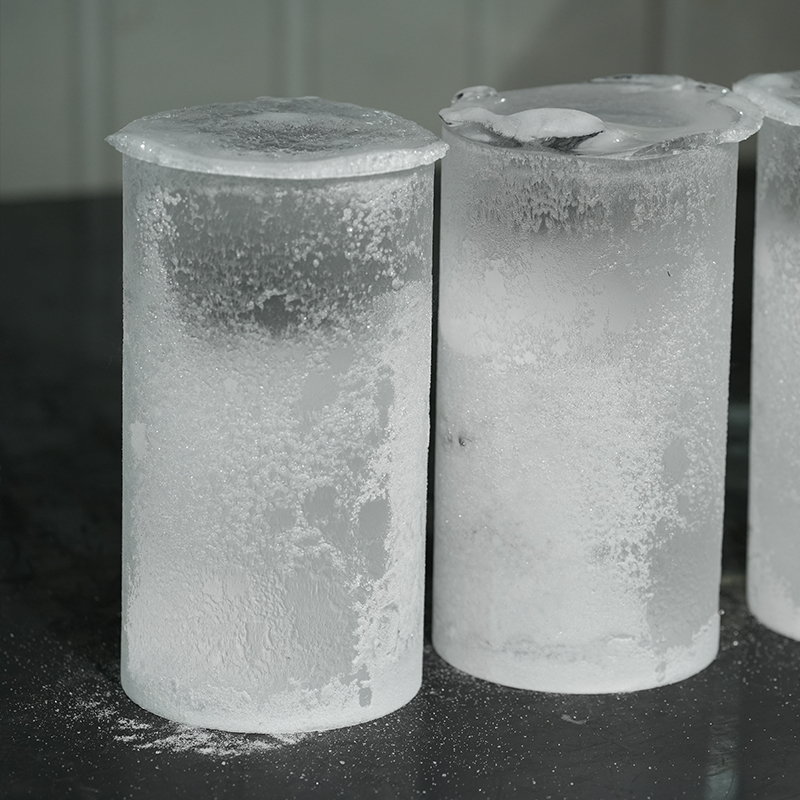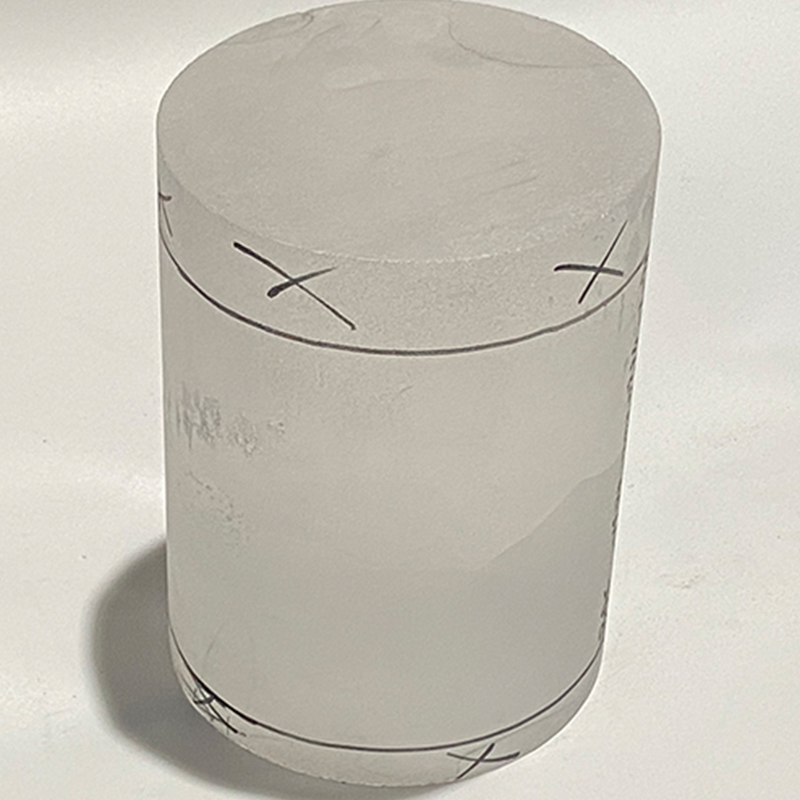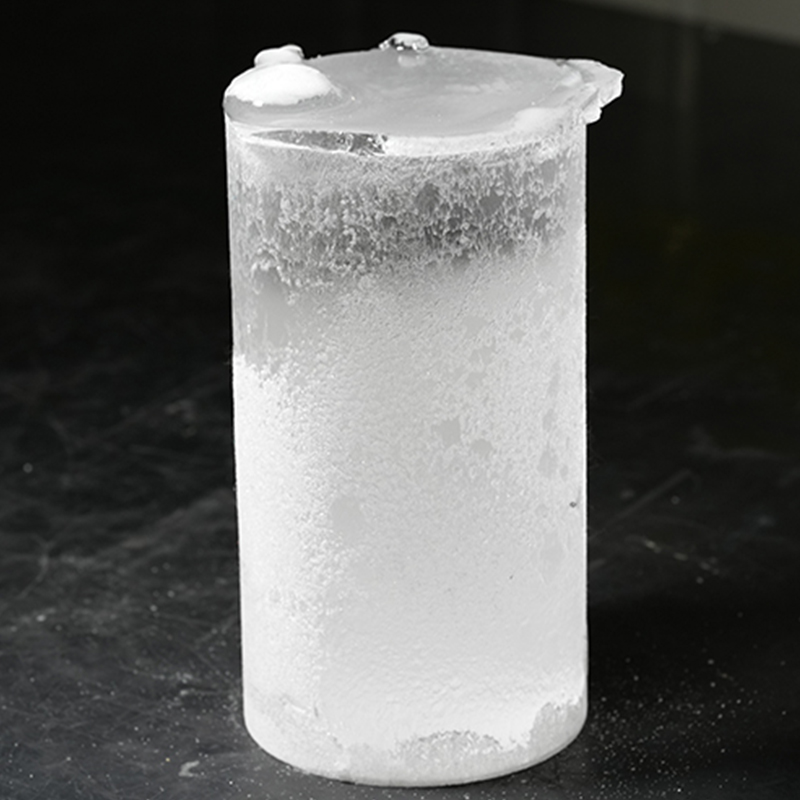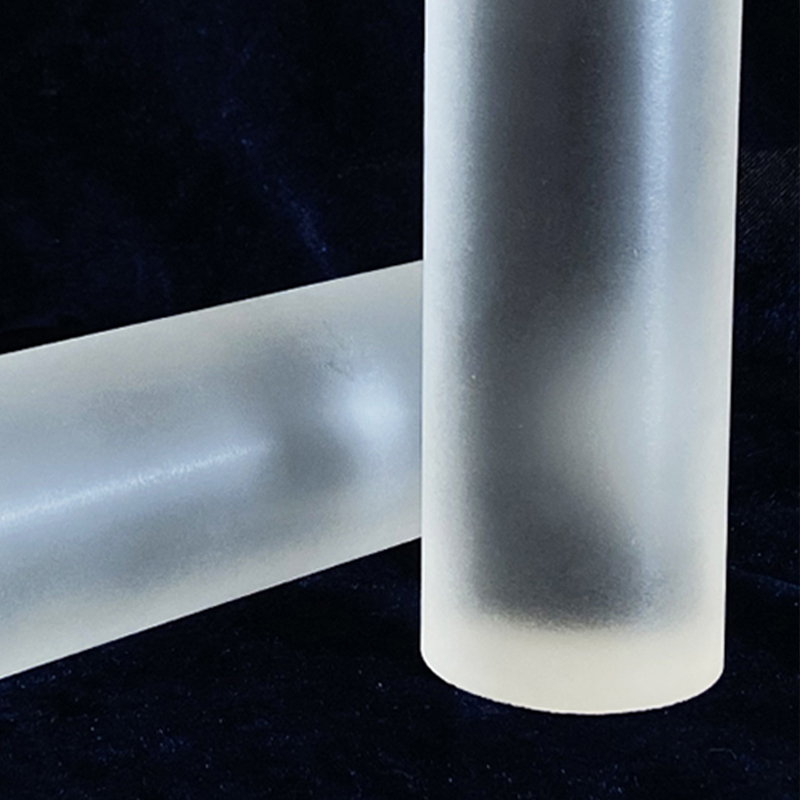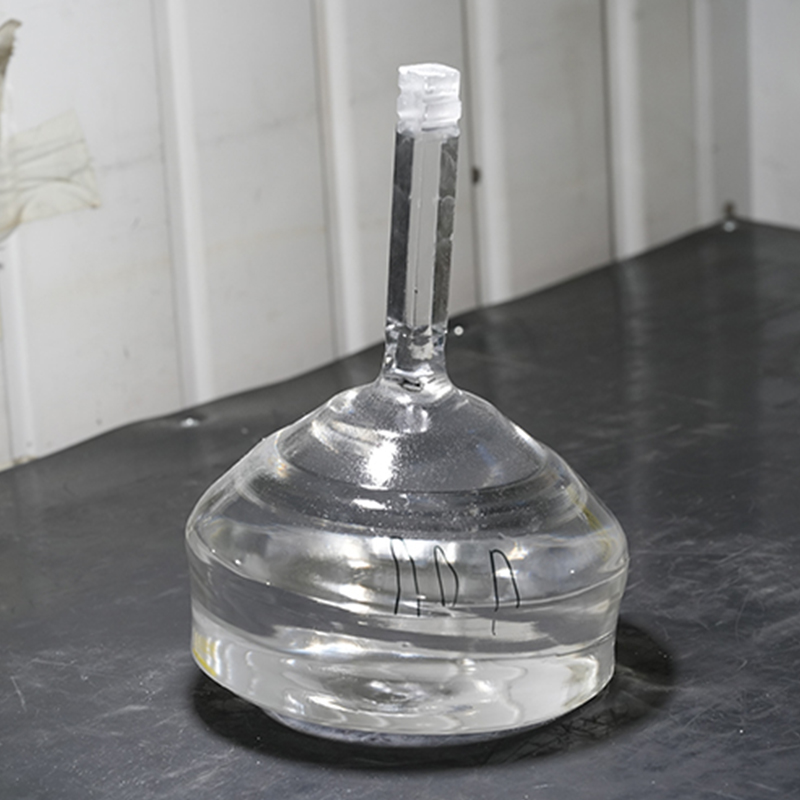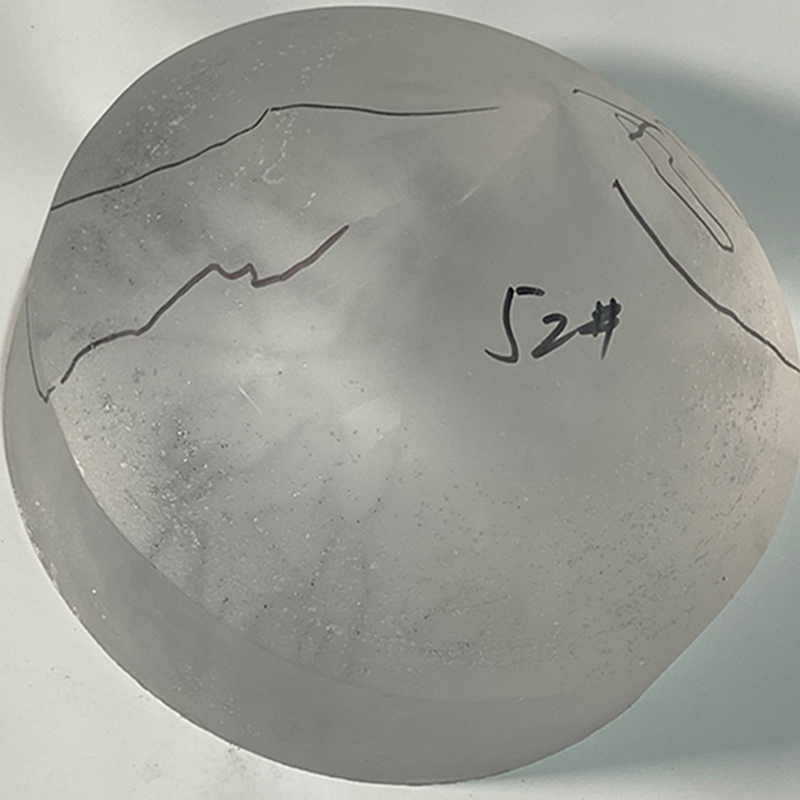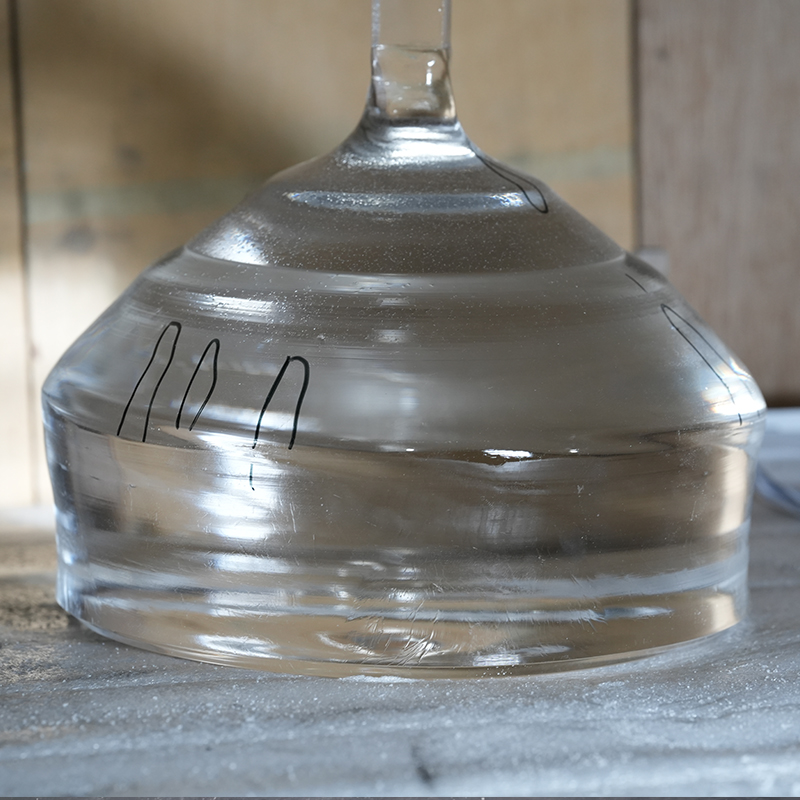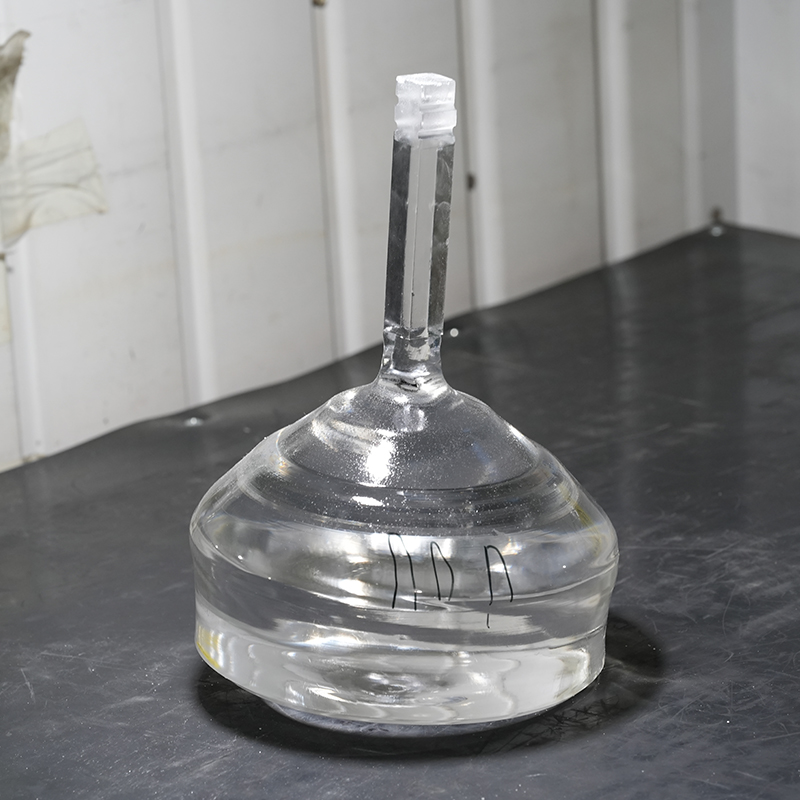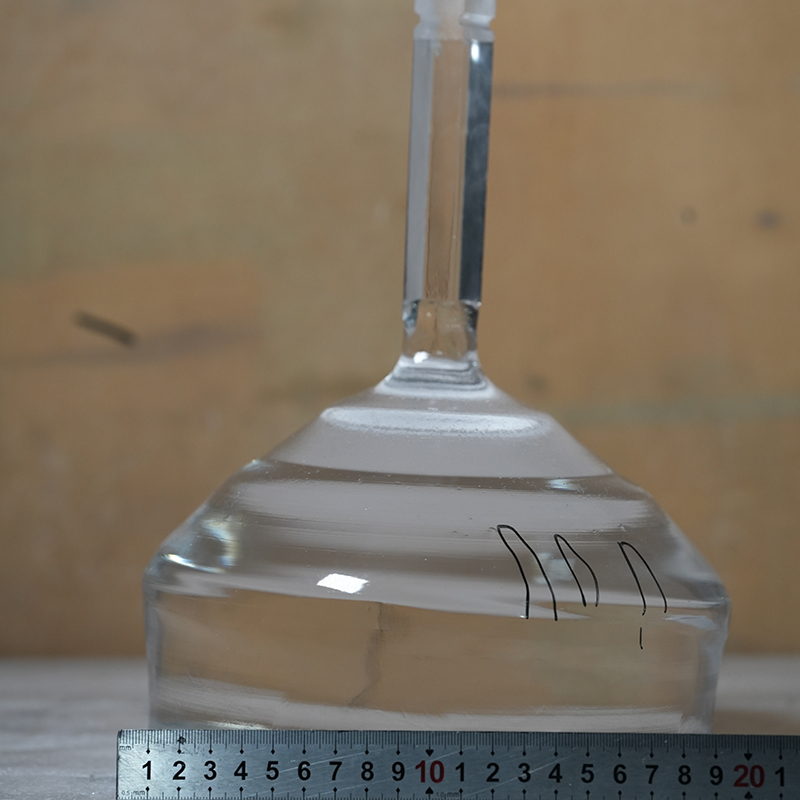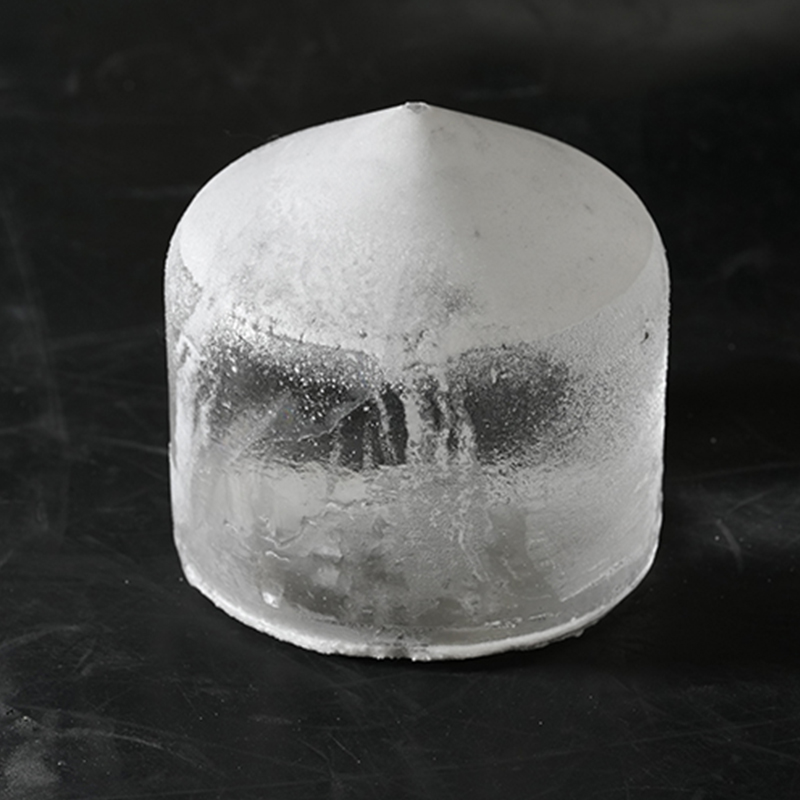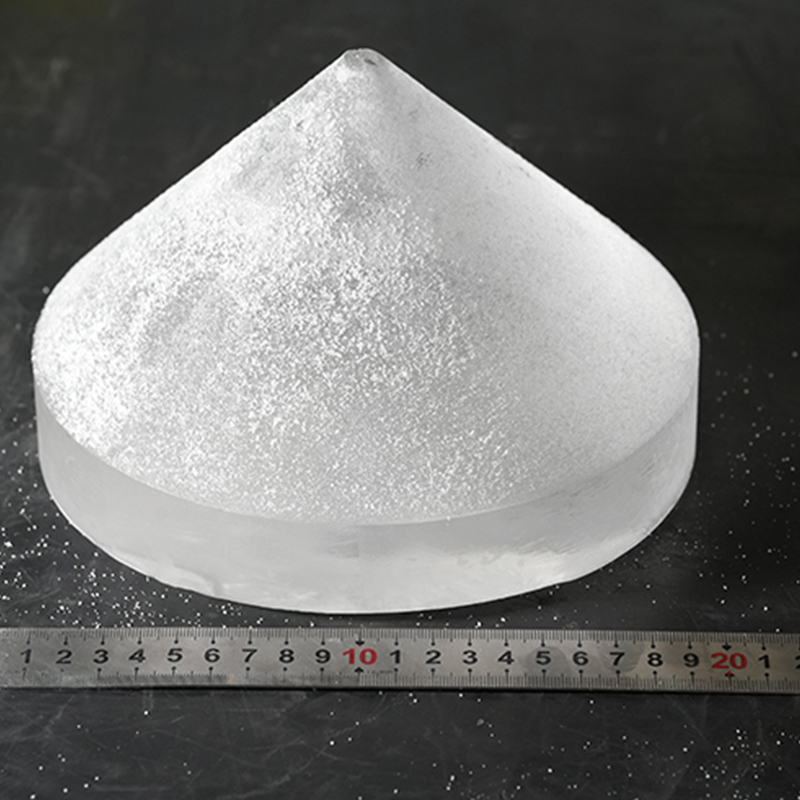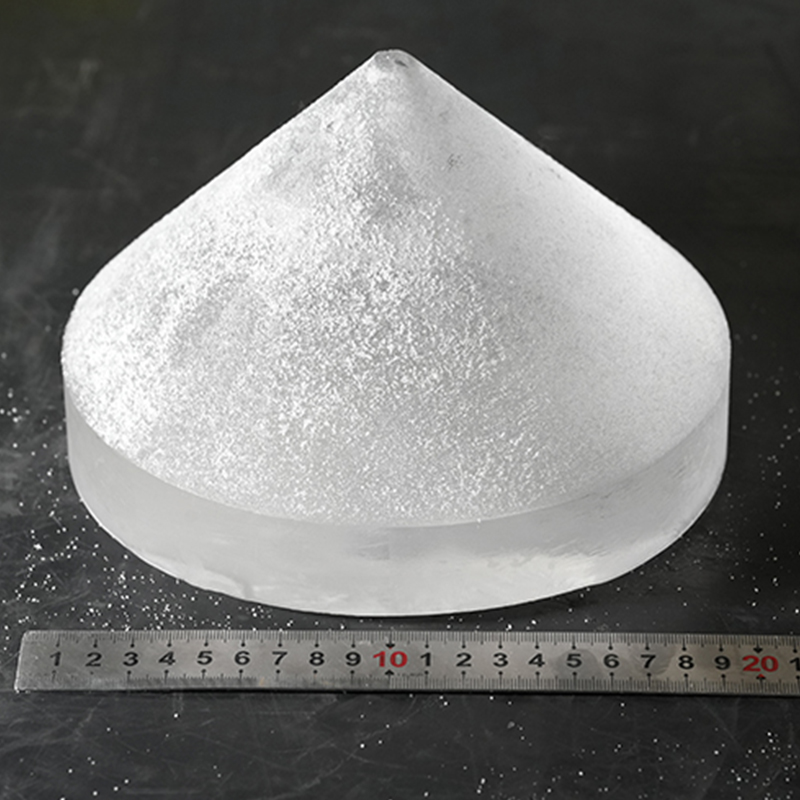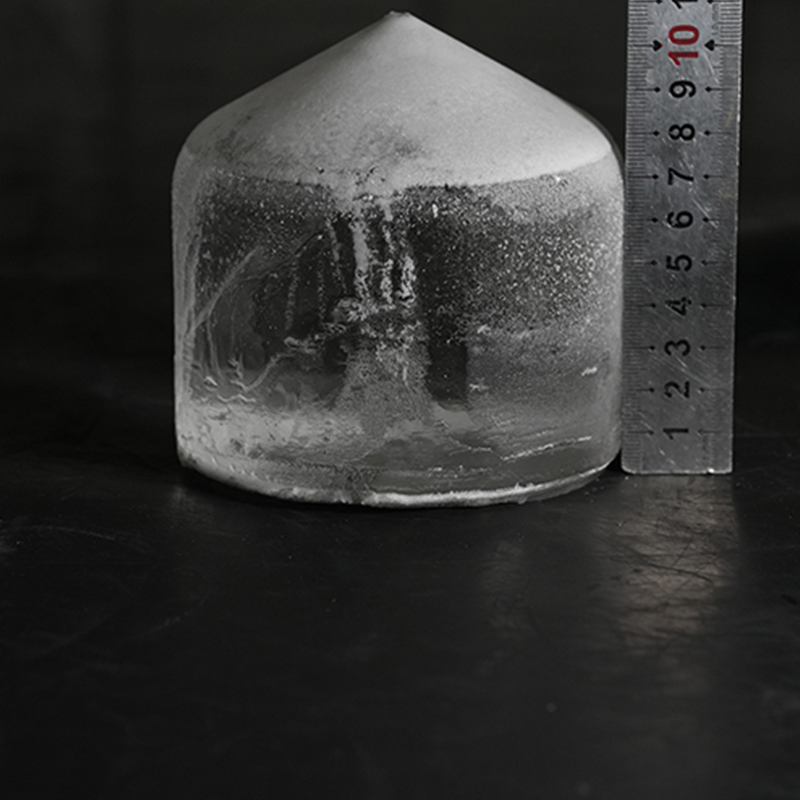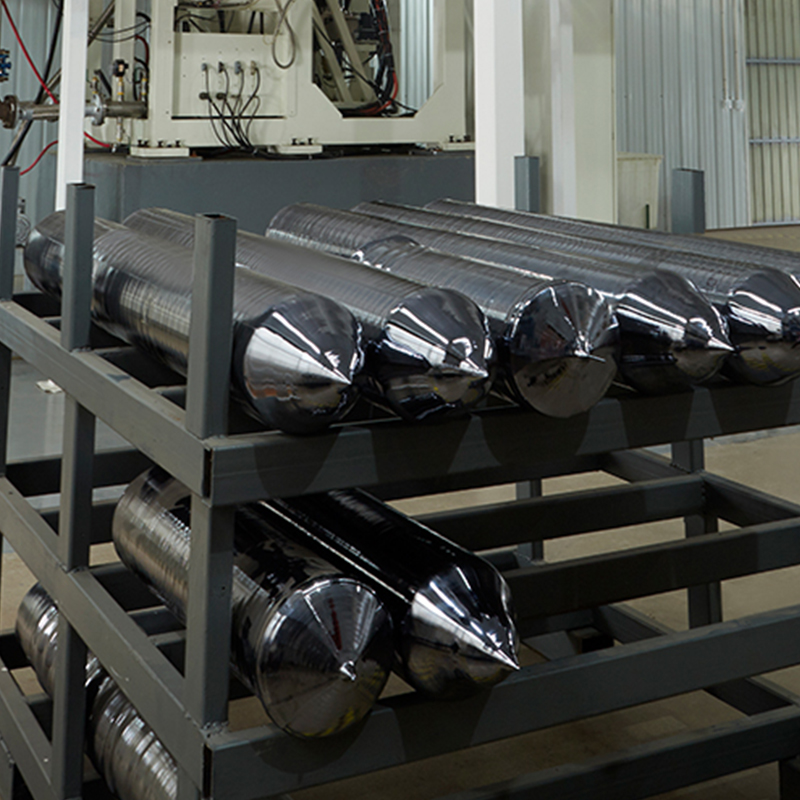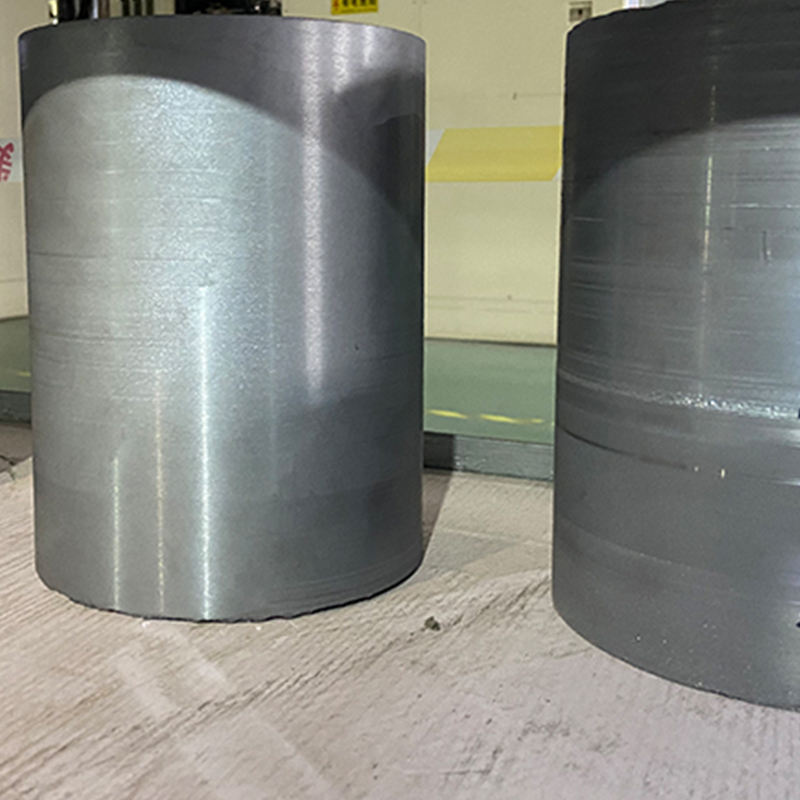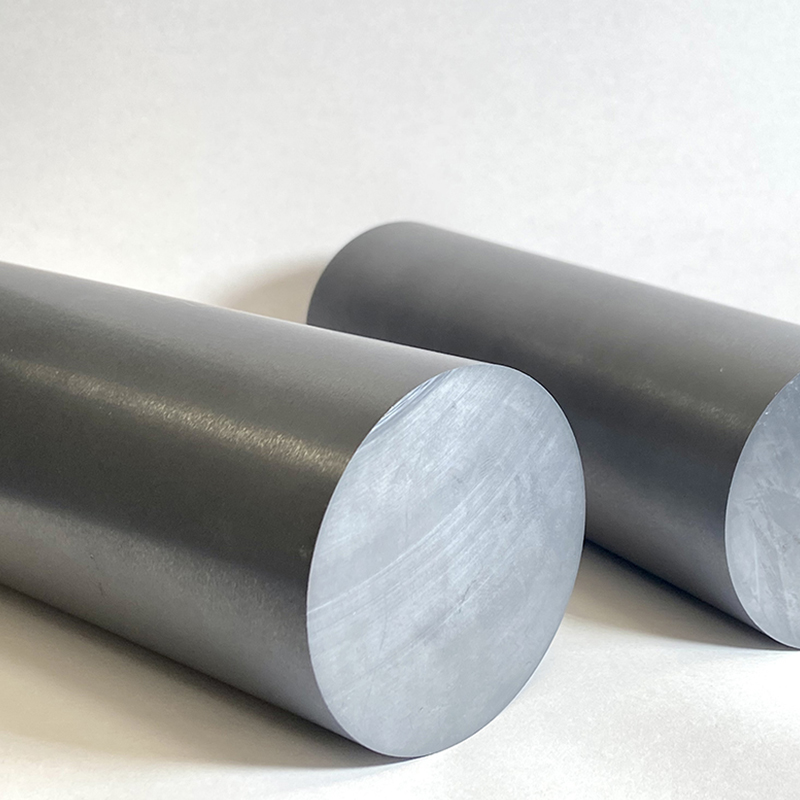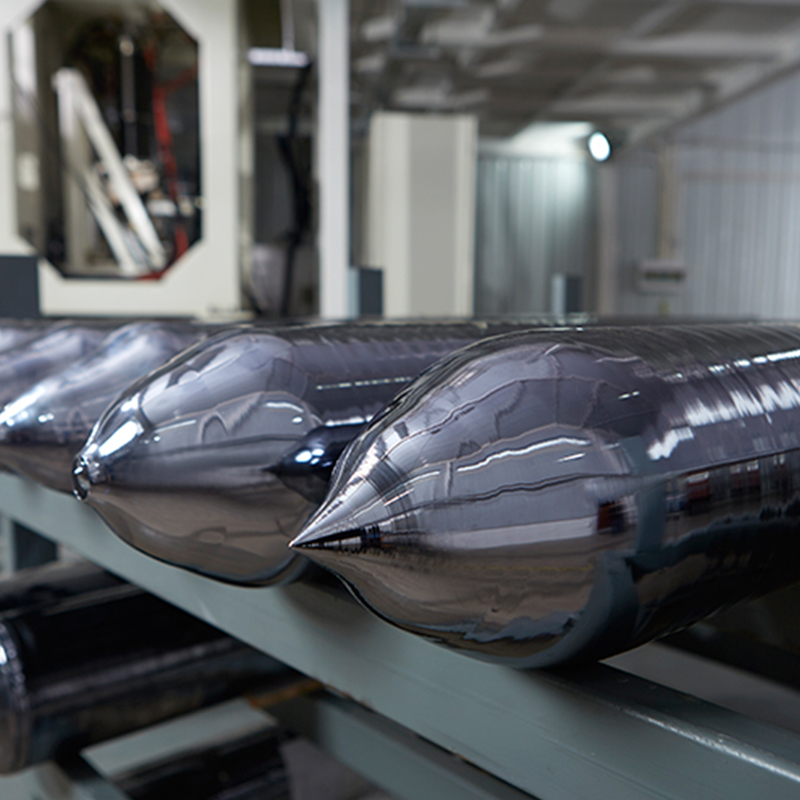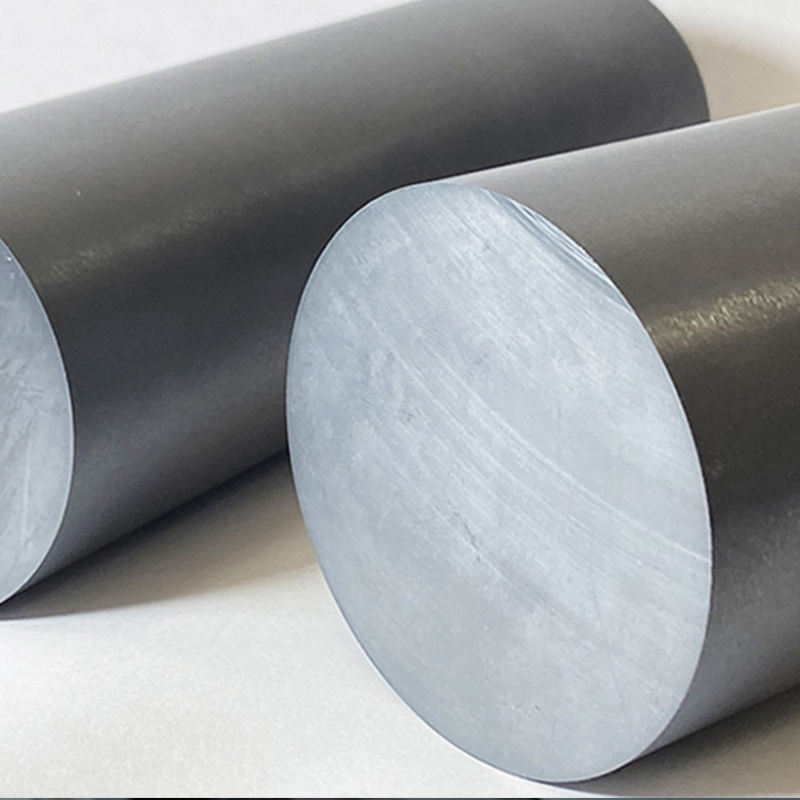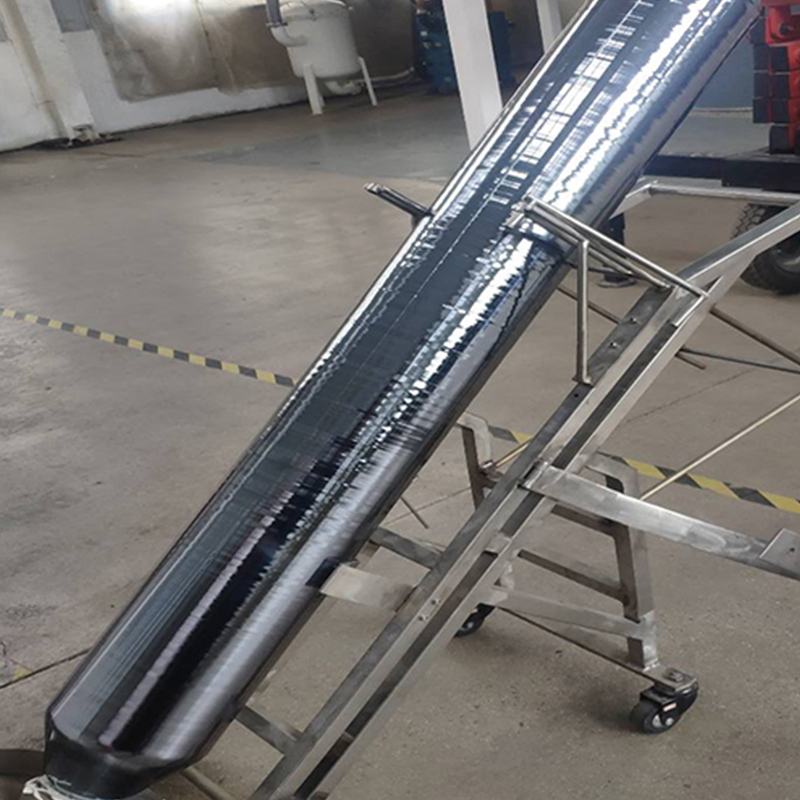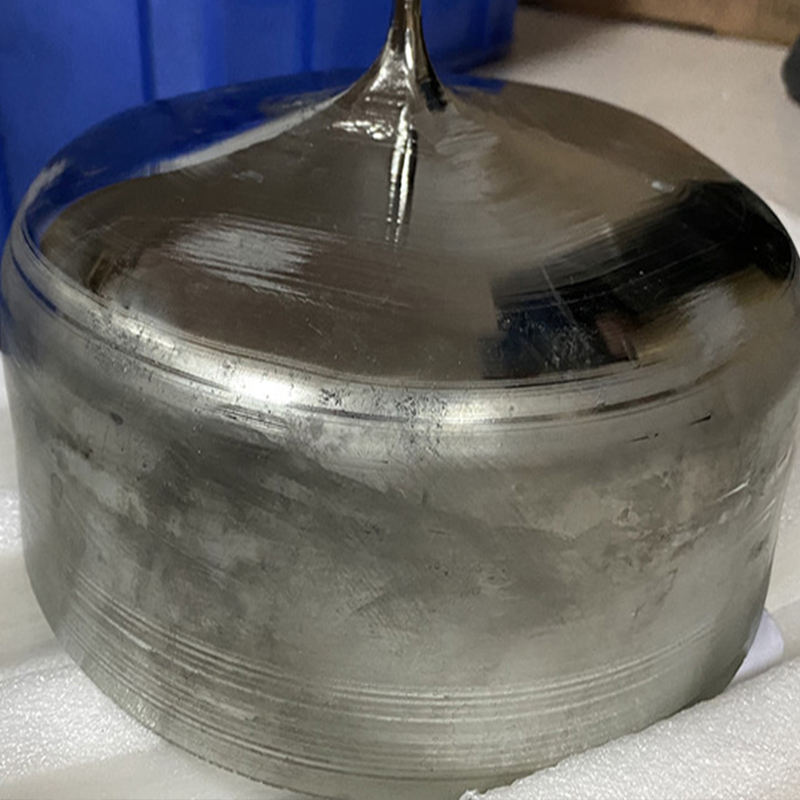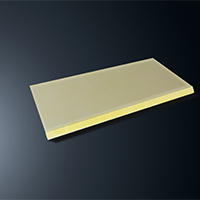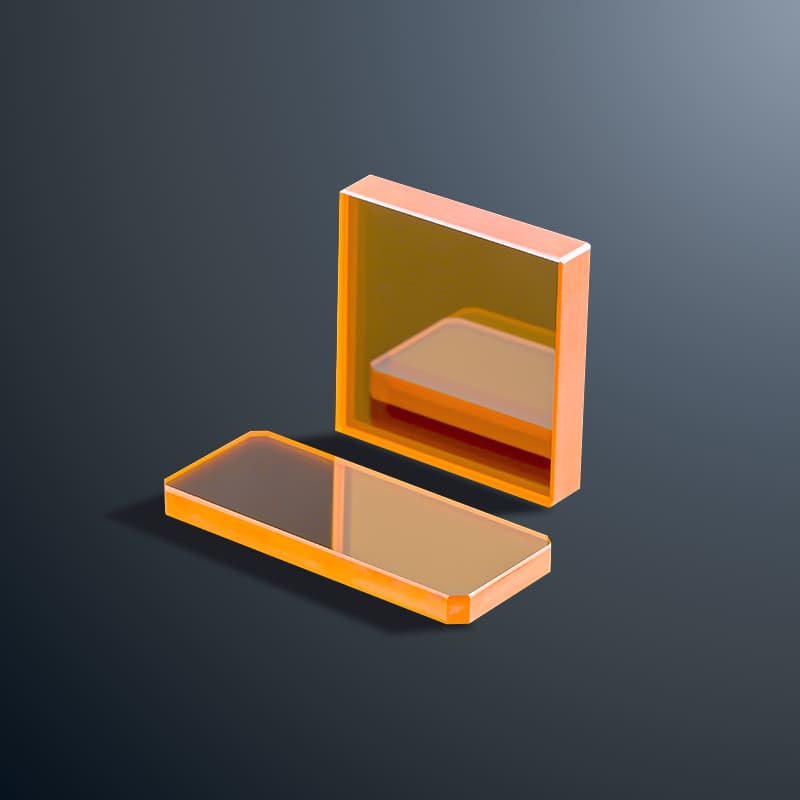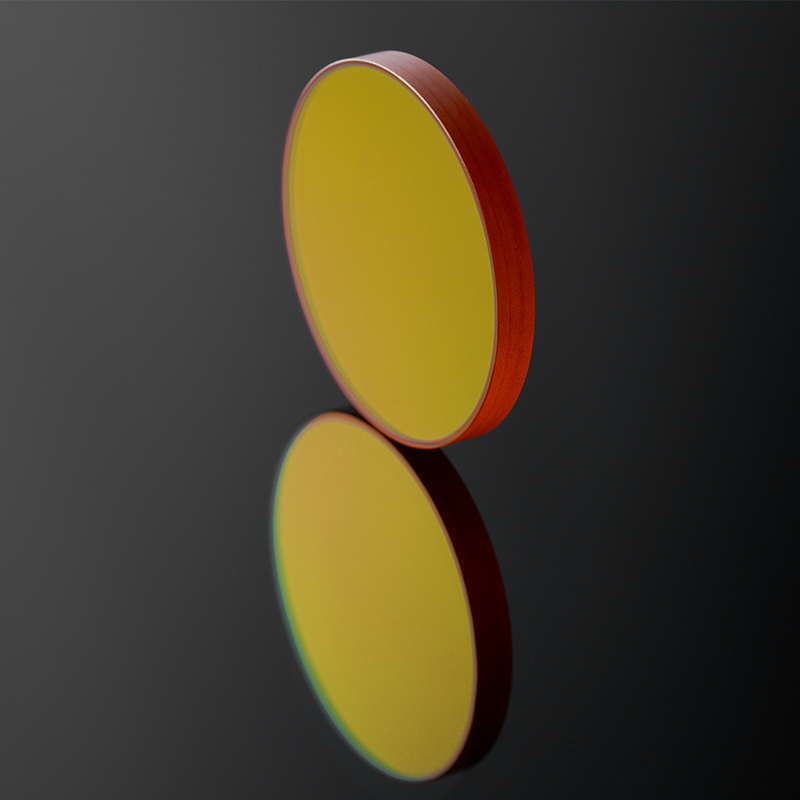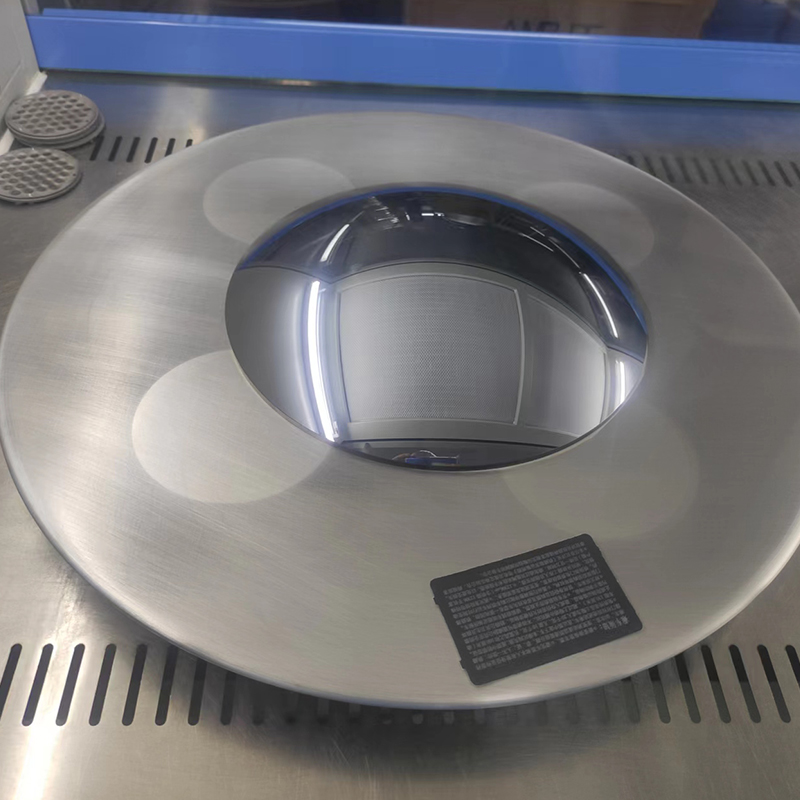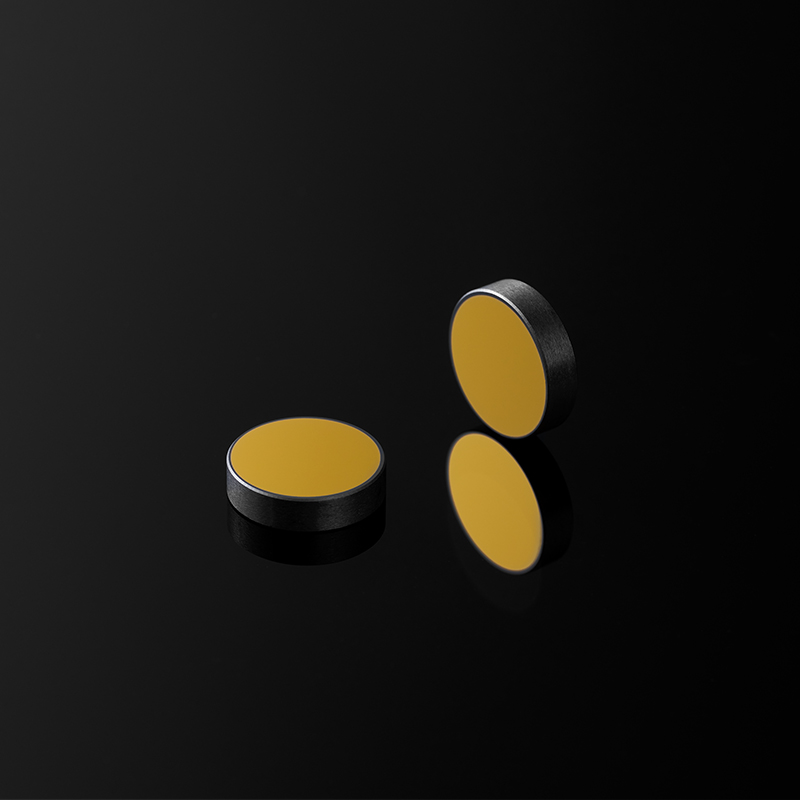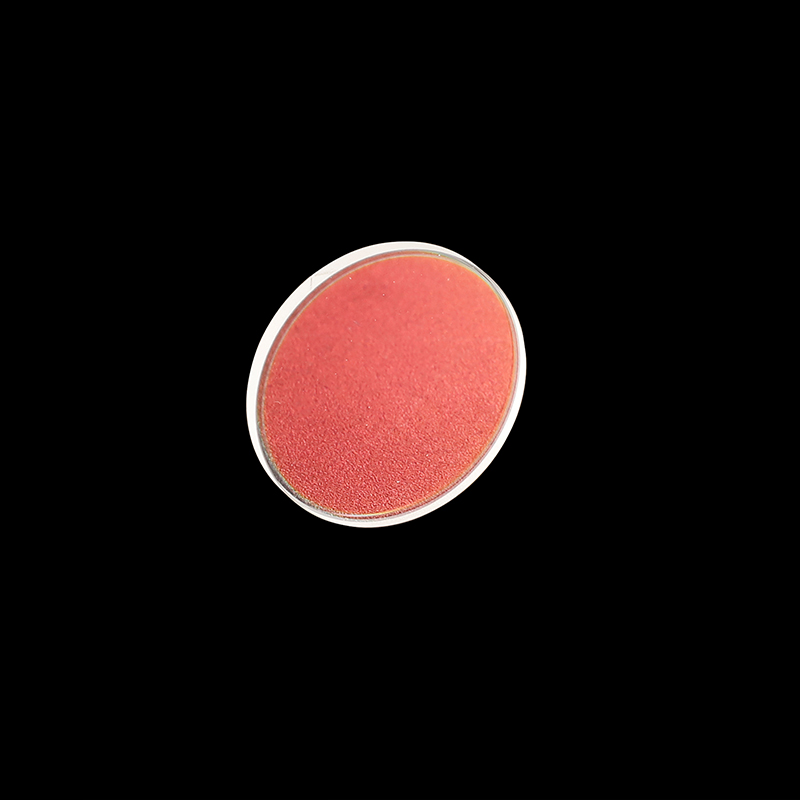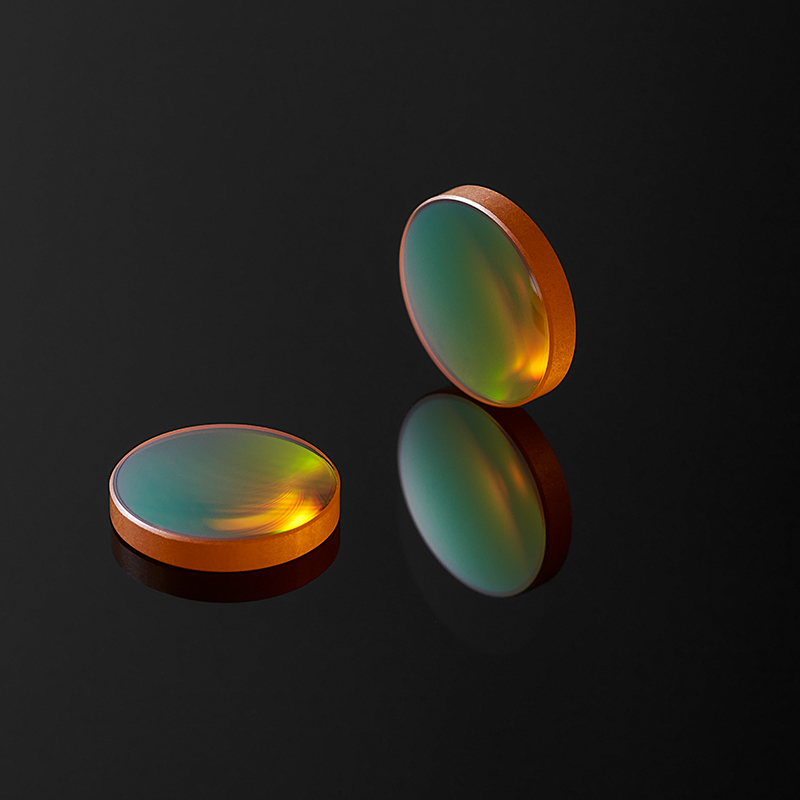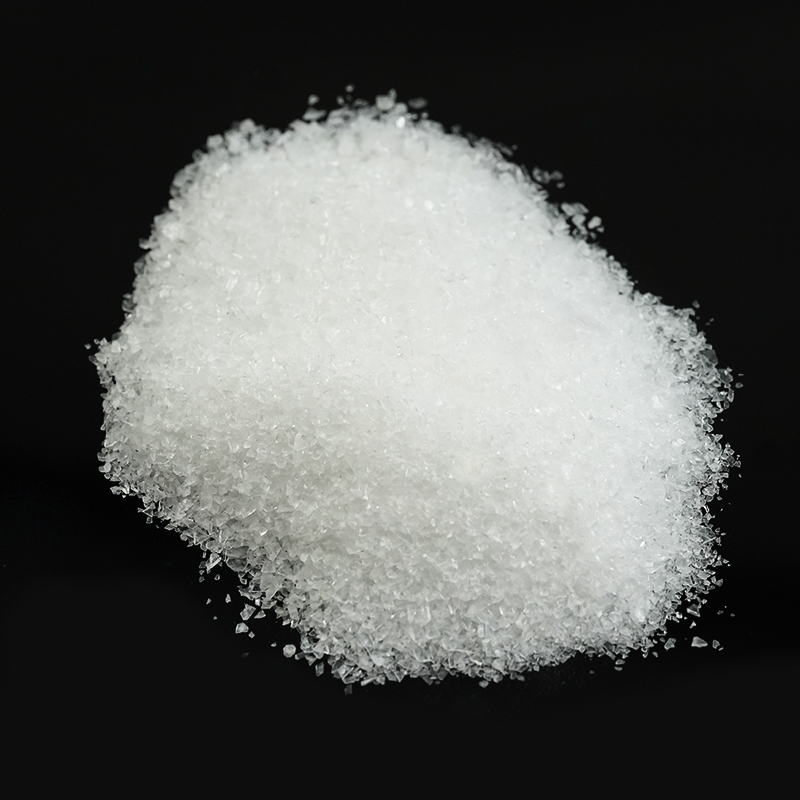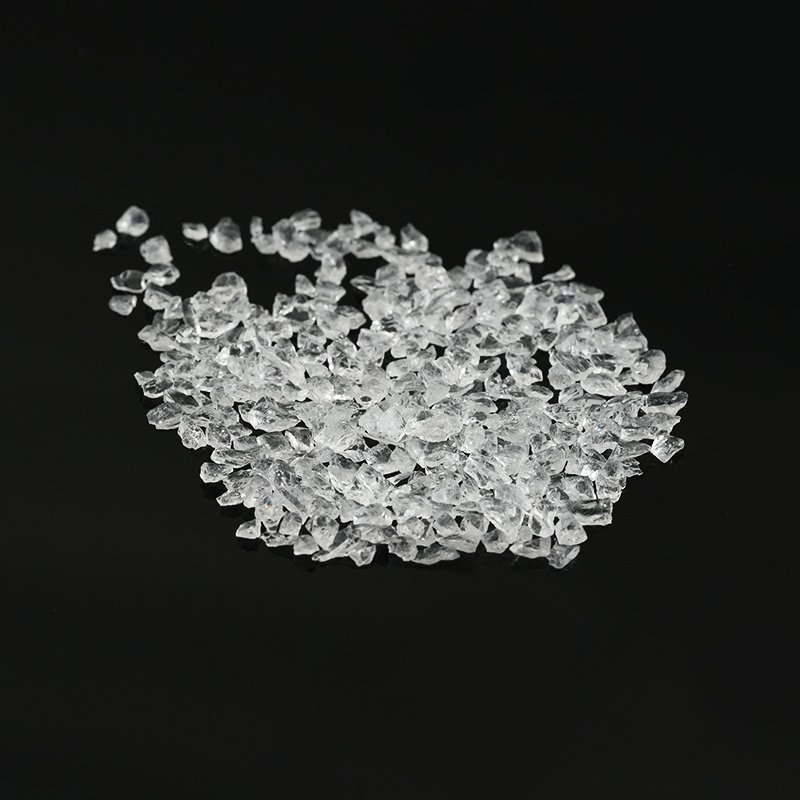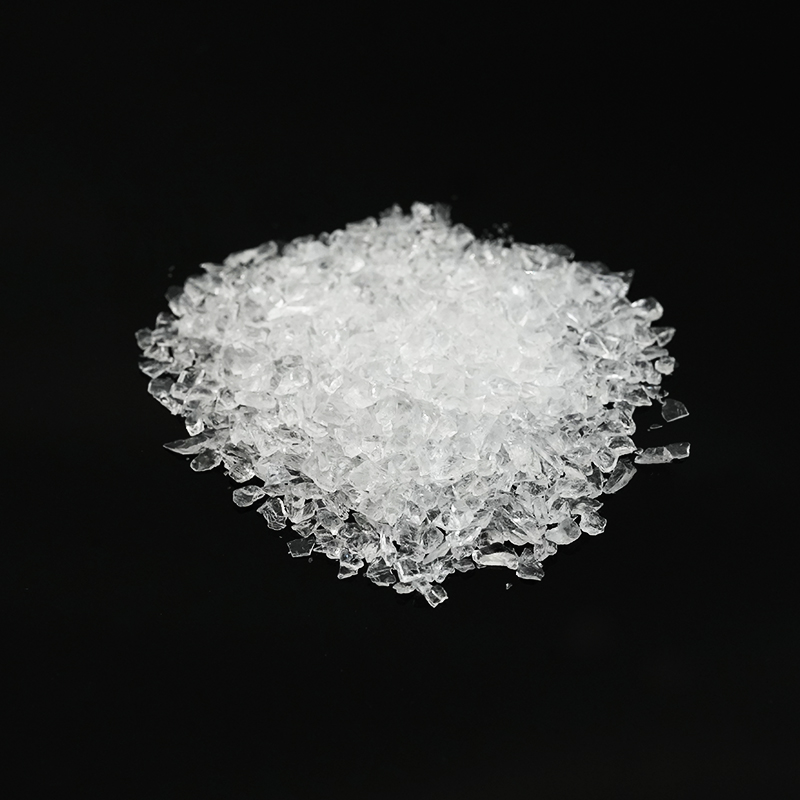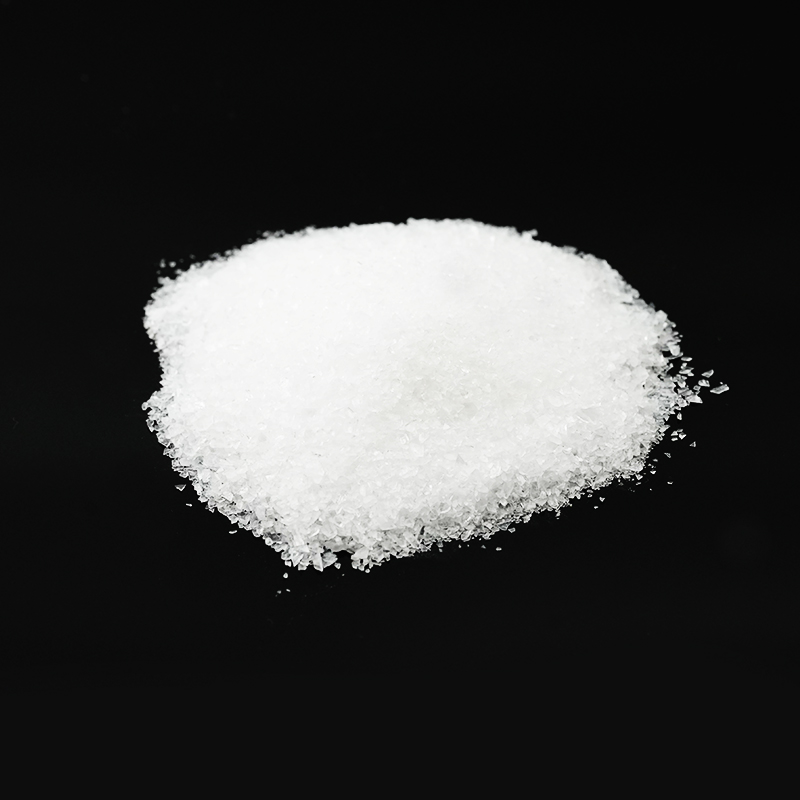-
Um Optics China Light Expo Exhibition Preview
2025-08-08
-
Um Optics Taiwan International Laser Exhibition Preview
2025-08-04
-
Preview of the 16th Um Optics Optoelectronics Industry Expo
2025-06-05
-
Um Optics shines at the 2025 German Sensor Testing Exhibition, connecting the world with innovative technology
2025-05-23
-
What are the applications of biconvex lenses?
2024-05-29
-
What are the applications of flat concave lenses?
2024-05-29
-
What are the applications of flat convex lenses?
2024-05-29
-
What are the applications of zinc selenide crystals?
2024-05-29
-
What are the applications of zinc sulfide?
2024-05-29
-
UM Optics June Nuremberg Exhibition in Germany Preview
2024-05-29
Lithium fluoride (LiF) is an inorganic compound widely used in fields such as optics, electronics, and energy. So is lithium fluoride toxic? Let's take a look together!
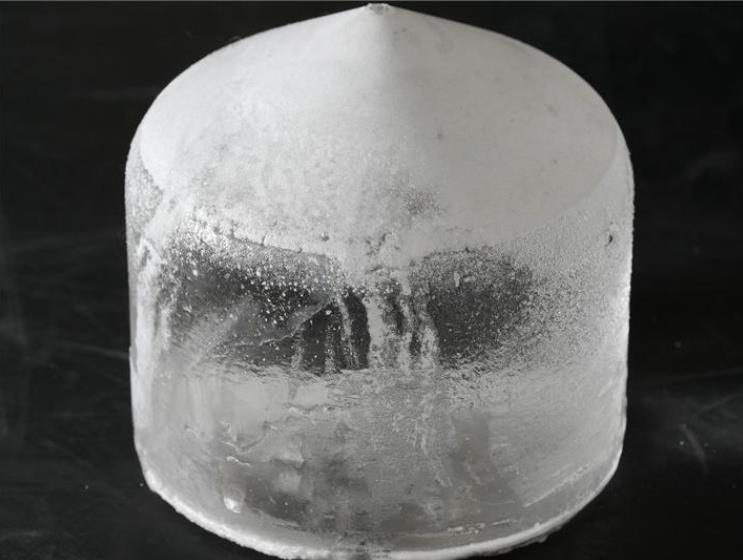
Lithium fluoride is generally a relatively stable compound and does not have significant toxicity. Under normal use and storage conditions, lithium fluoride does not release toxic gases or produce harmful substances. It should be noted that lithium fluoride is a strong alkaline substance. If it reacts with water or acid, it may produce irritating and corrosive gases, such as hydrofluoric acid. Therefore, when dealing with lithium fluoride, appropriate protective measures need to be taken to avoid contact with water and acidic substances.
Lithium fluoride may have certain impacts on human health and the environment under specific conditions. For example, in industrial production processes, if the dust or exhaust gas of lithium fluoride is not properly treated and discharged into the air, it may cause harm to the surrounding environment and personnel. Long term exposure to high concentrations of lithium fluoride dust may cause symptoms such as respiratory irritation, eye and skin irritation. In addition, lithium fluoride may also have certain toxic effects on aquatic organisms. If discharged directly into water without treatment, it may cause damage to aquatic ecosystems. It should be emphasized that the toxicity of lithium fluoride is relatively low, and it is only possible to cause harm to human health and the environment under specific conditions. Under normal use and storage conditions, lithium fluoride is a relatively safe compound.
In order to reduce the risks of lithium fluoride to human health and the environment, a series of safety measures need to be taken. Firstly, during production and use, the dust and exhaust emissions of lithium fluoride should be strictly controlled to ensure compliance with relevant environmental standards. Secondly, staff need to wear appropriate protective equipment, such as goggles, gloves, and respirators, to reduce direct contact with lithium fluoride. In addition, appropriate treatment methods should be taken for discarded lithium fluoride to avoid environmental pollution.
In general, lithium fluoride is a relatively safe compound, but it may have certain impacts on human health and the environment under specific conditions. Therefore, appropriate protective measures need to be taken when using and handling lithium fluoride to ensure the safety of personnel and the environment. The above is an explanation of whether lithium fluoride is toxic. We hope it is helpful to you. If you have more questions, please feel free to consult or leave a message online.

